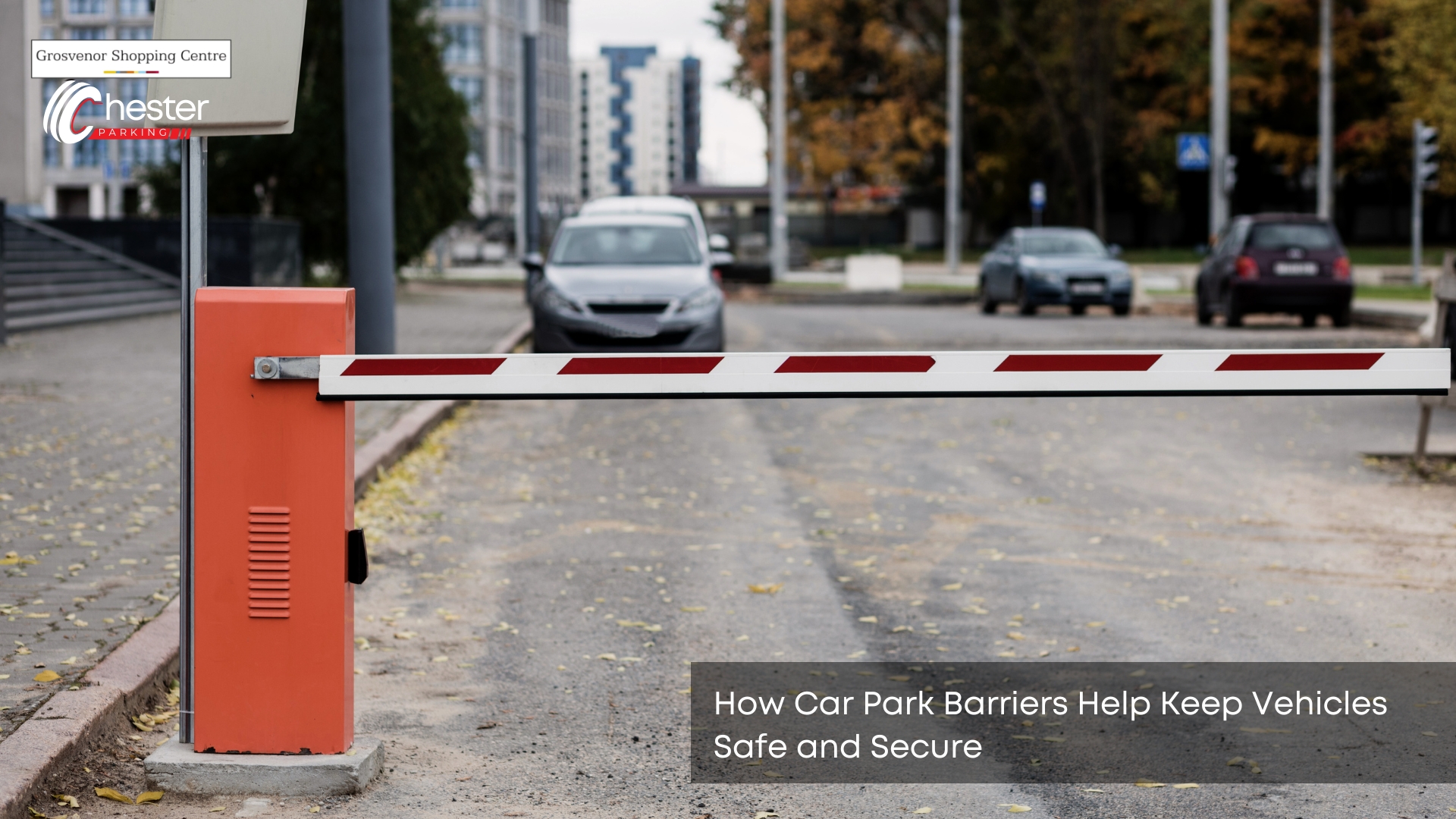Car park barriers are one of the simplest but most effective ways to keep vehicles safe. Found in car parks across the UK, these systems manage who can enter and leave, helping to prevent theft, misuse, and unauthorised access. Whether it’s a shopping centre, office block, or public car park, barriers offer control and peace of mind. In this article, we explain how car park barriers function and why they are a crucial component of modern parking security.
What Are Car Park Barriers and How Do They Work?
Car park barriers are mechanical or automatic gates used to control vehicle access. They raise to let approved vehicles enter or exit and lower to block unauthorised ones. Some work with tickets, number plates, or key cards, while others use sensors or remote controls. Barriers are typically placed at the entrance and exit of a parking facility. Their core job is to manage traffic and reduce the risk of unauthorised entry, which leads to the question of why they are so widely used.
Why Do Car Parks Use Barrier Systems?
Car parks use barriers to control access, prevent unauthorised parking, and increase safety. By limiting access, these systems prevent misuse and deter potential vandals or thieves. They also help enforce payment, as drivers must stop to take a ticket or scan their details. Whether at a hospital, office, or retail park, barriers protect both the space and the users. Their presence alone acts as a strong deterrent to crime.
Are Car Park Barriers Effective at Preventing Theft or Damage?
Yes, car park barriers are effective at preventing theft and damage by limiting entry and making vehicles traceable. If a crime does happen, records from ticket systems or cameras linked to the barrier can help. Barriers often work in conjunction with CCTV and lighting to make the area feel more secure. Many criminals avoid locations with barriers because of the risk of being caught. For added protection, there are different types of barriers suited to various needs.
What Types of Barriers Are Used in Car Parks?
Common barrier types include:
- Boom barriers – Horizontal arms that rise to allow entry.
- Swing or sliding gates – Often used in private or gated car parks.
- Bollard systems – Retractable posts that rise from the ground.
- Manual barriers – Locked gates for low-traffic areas.
Each type is chosen based on the level of security required and the level of traffic in the car park. Technology also plays a significant role in determining the safety and smoothness of the process.
How Do Automatic Barriers Improve Safety?
Automatic barriers enhance safety by responding promptly and minimising human error. They often use license plate recognition, key cards, or sensors to control access. This means no one has to leave their vehicle or rely on a staff member to open the gate. Automatic systems also log every entry and exit, which helps track usage and deter misuse. Alongside security, barriers also help with the flow of vehicles in and out.
Can Barriers Help With Traffic Flow in Busy Car Parks?
Yes, barriers help manage traffic flow by creating a clear system for entry and exit. They reduce confusion, stop vehicles from rushing through, and prevent people from parking without permission. Timed entry also keeps queues moving steadily, especially in multistorey or shopping centre car parks. By controlling traffic, barriers reduce accidents and help car parks run more smoothly. This control is even more useful when connected to smart systems.
Do Car Park Barriers Work With ANPR and Ticket Systems?
Yes, many car park barriers are connected to ANPR (Automatic Number Plate Recognition) and ticket systems. These technologies work together to open the barrier only when a vehicle is recognised or paid for. Drivers can enter without stopping, and payment can be made online or on exit. This is especially useful for long stay parking where entry and exit flexibility improves the user experience. This reduces wait times and improves efficiency. Combining barrier arms with smart tools also increases overall security.
Are There Downsides to Using Car Park Barriers?
There are a few downsides to consider:
- Initial cost – Installing barriers and systems can be expensive.
- Maintenance needs – Mechanical parts may require upkeep.
- Delays at peak times – Queues can form if systems are slow or faulty.
- Height limits – Some barriers may not be suitable for larger vehicles.
Despite these issues, most users find the benefits far outweigh the drawbacks. They are often part of a wider security setup.
How Do Barrier Systems Support 24-Hour Car Park Security?
Barrier systems support round-the-clock security by acting as the first line of defence. When combined with CCTV, alarms, and lights, they help keep the area safe even at night. Remote monitoring also allows staff to open or close gates without being on-site. This provides car park owners with peace of mind and users with a safer environment. Even smaller car parks can benefit from this added layer of protection, especially when managed through Parking Chester for local, secure options.
Should Small or Private Car Parks Also Use Barriers?
Yes, even small or private car parks can benefit from having barrier systems. They stop non-permit holders from entering and reduce disputes over space use. Many barrier kits are compact and suitable for tight spaces, such as residential flats or office blocks. For shared spaces, barriers can also be used with code systems or booking apps. The key is choosing the right setup based on space and usage. Similar setups are also ideal for airport car parking where safety and access control are essential.
How Can You Determine if a Car Park Has a Reliable Barrier System?
You can tell a car park has a good barrier system if it includes:
- Fast and smooth entry/exit – No long queues or broken gates.
- Clear signs and lighting – Easy for drivers to follow.
- Integrated tech – ANPR, ticketing, and secure payment options.
- Visible maintenance – Clean, working equipment shows care.
- Consistent use – No open gates or bypassed systems.
When a car park is well-managed and the barriers are properly used, drivers feel safer and more confident leaving their vehicles.


Leave a Reply